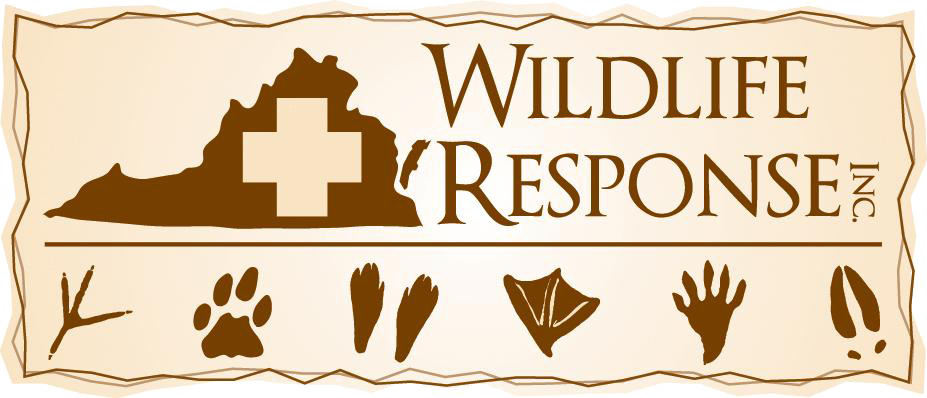|
Babies
If the animal is healthy, and renesting is an option; refer to the section on “Renesting and Reuniting” Procedures. If it is in a position where it cannot be safely renested or reunited with its parent, it will need to come into care. Please remember that baby animals and birds are fragile and usually do not bite. However, you should always use caution. Use gloves and/or a small towel and gently pick up the baby. They can be placed in a small box lined with a towel or soft paper towels or tissue. Cover the box so the baby doesn’t escape, and give no food or water before transporting to the rehabilitator.
Adults
In order to minimize contact between you and a potentially dangerous adult animal, wear thick gloves and use a heavier towel to cover it and place it in a dog or cat crate. In the case of most birds, cardboard boxes may be used safely. Use good judgment and exercise extreme caution as the animal or bird does not realize they are trying to help. Remember, any injured adult could potentially be caring for young, especially if it is a female. Stay alert for possible babies in the area. Do not to give food or water. The confined animal can now be transported to a licensed rehabilitator.
Warming Guidelines
A quick message about warming animals and birds for transportation. Many birds and mammals are found stunned, hit by vehicles, etc. These animals will most likely be losing body heat due to shock. During the spring and summer, young animals are prone to hypothermia because they are no longer in their nest or with siblings to share body heat. There are several methods for warming animals:
a heating pad set on low can be placed below half of the container holding the animal
plastic soda bottles or doubled zip lock baggies filled with warm water can be wrapped in cloth or placed inside socks and placed near the animal
an old sock filled with about one cup of raw, uncooked rice and heated in the microwave for 45-60 seconds will maintain heat for a hour or two
Please be careful not to overheat the animal. Wrap the source of heat in layers of cloth or towel until the temperature feels safe enough to place beside the animal. If they have a small bird or baby mammal, turn it every 15 minutes so his body warms evenly while they transport it to a WRI licensed rehabilitator. Also note: Raptors do not require heat unless they are hypothermic! Raptors will quickly overheat due to stress, and some birds such as Coopers Hawks and Sharp Shinned Hawks may become hyperthermic (overheated) and die on the short drive to the rehabilitator.
Why we ask you to transport
- It can take many hours to find a transporter and the animal you have found needs helps ASAP
- If you do not have a vehicle, please ask a neighbor, friend, or family member to help
- If you are at work, can you transport the animal during lunch or after work, or find a coworker who may be willing to help?
- If absolutely cannot transport the animal you MUST at least contain the animal under a basket, in a yard, etc.
Why you MUST NOT GIVE FOOD OR WATER
- Aspiration of food or fluid can cause pneumonia
- Dehydrated animals will die if given food before being rehydrated
- Birds must be identified to determine proper diet
- The wrong diet or baby formula can be very harmful
Why can’t you raise or keep wildlife
- Young animals and birds require a large amount of care. Birds may need feedings every 10- 15 minutes, and mammals may need 2 – 4 hours feedings around the clock.
- Wild animals do not make good pets. At maturity, most will become aggressive
- Proper nutrition is essential for the animal’s survival
- Wildlife can carry illnesses that can be transferred to humans and pets
- It is illegal in the state of Virginia to hold wildlife without proper permits
|

